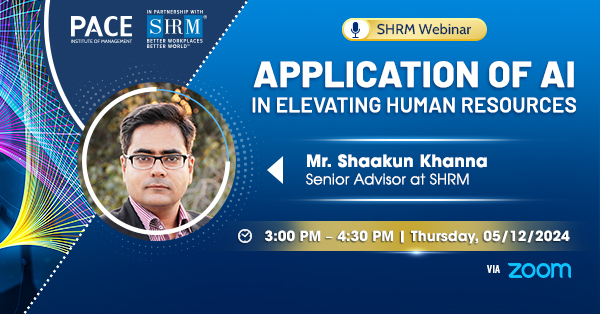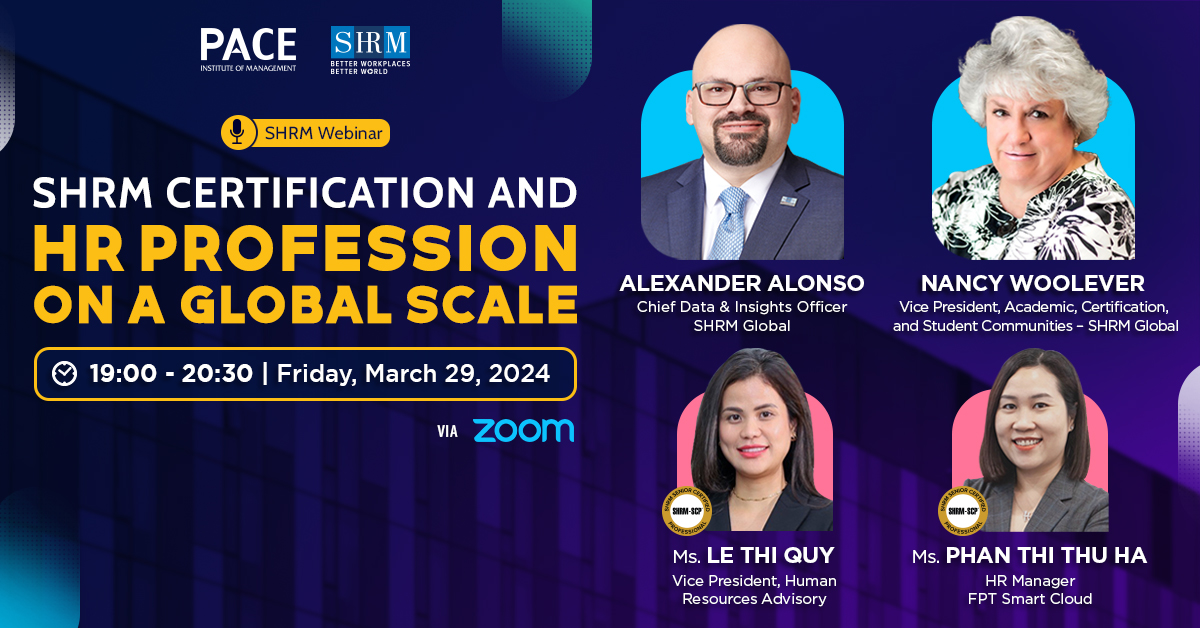LEADERSHIP IS WHAT GEN Z NEEDS MOST AS WE EXIT THE PANDEMIC
As a professional trainer, business school professor, former Fortune 100 project manager, and acting city manager, one key component that I have seen to be consistent that helps organizations run smoothly is people. The pandemic prompted plenty of workers to reevaluate their careers and lives, which has led to The “Great Resignation.” The cost of losing workers is estimated to be around one-third of a worker’s annual earnings, which can be excruciatingly painful as businesses are trying to recover from the pandemic. Among those willing to jump ship is Generation Z (born ~ 1995-2012), who are now entering the workplace among the new reality of the pandemic.
I have been researching “Generation Z at work” for the past four years and found that in addition to free food and higher pay, Generation Z craves active communication and strong leadership from their employers.
I have been researching “Generation Z at work” for the past four years and found that in addition to free food and higher pay, Generation Z craves active communication and strong leadership from their employers.

Temporary job rotation programs to be very successful in keeping Gen Z engaged. (Photo: freepik.com)
As with all generations, workers will give a better effort (and sometimes even take less pay) if we work for a great boss (leader) who cares about us and invests in our career development. Based on a recent SHRM study, workers surveyed felt that poorly trained “people managers” cause “unnecessary work and stress” and admit that their performance would improve if their direct supervisor received more training in “people management.”
Tips to Lead Gen Z Out of the Pandemic:
Based on my years of research on how to work with Generation Z, these are some tips to help managers effectively lead this emerging generation:
- Provide leadership training for managers on how to lead virtual, hybrid, and in-person teams.
- Almost three in four Gen Z’ers prefer to work remotely at least 50% of the time when returning to work.
- Have manager check-ins at least once a week for 5-30 minutes to coach and mentor, not micromanage.
- Provide opportunities for Generation Z outside of their regular job duties, such as “side gigs” based on their interests or future career path (if allowed by your company policy). I’ve seen temporary job rotation programs to be very successful in keeping Gen Z engaged.
- Provide clear expectations from day one about their role.
- This pandemic has taken a toll on Gen Z’s mental health and managers should be able to communicate resources available to their staff, such as company-paid therapy/counseling and free access to mental health apps (Headspace, Mindshine, The Mindfulness App).
- Continue to measure engagement and workplace preferences. As we have seen during the pandemic, nothing is consistent. Frequent and short employee surveys on workplace preferences will go a long way to help organizations understand how to keep ALL generations happier and engaged.
The impact of leadership is clear as businesses continue to struggle with recruiting and retaining talent as employees reevaluate their careers, where they live, and their effect on the world. Organizations need to understand how to adapt to “the new normal” of working remotely or hybrid, and it starts with training your front-line managers on the intricacies of this new generation and how to adapt to the ever-changing landscape of today’s corporate environment.
Source: SHRM.Org










